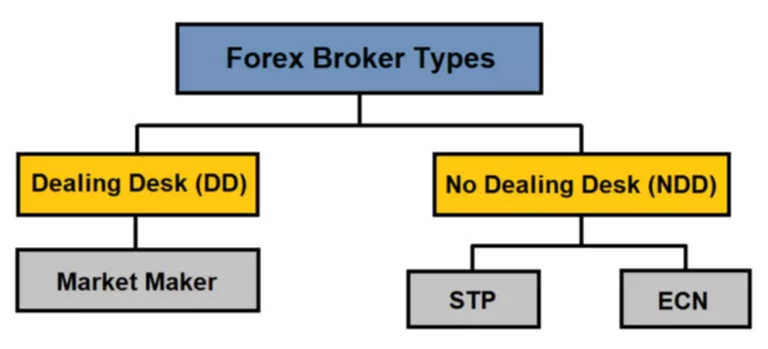Are sales discounts reported as an expense?
For example, terms of “1/10, n/30” indicates that the buyer can deduct 1% of the amount owed if the customer pays the amount owed within 10 days. As a contra revenue account, sales discount will have a debit balance and is subtracted from sales (along with sales returns and allowances) to arrive at net sales. The purpose of a business offering sales discounts is to encourage the customer to settle their account earlier (10 days instead of 30 days in the above example).
Presentation of Sales Discounts
Sales discounts will allow companies to receive more money earlier at the expense of revenue which will be recognized in the future as time goes on. Sales discounts are also known as cash discounts or early payment discounts. Sales discounts (along with sales returns and allowances) are deducted from gross sales to arrive at the company’s net sales. Hence, the general ledger account Sales Discounts is a contra revenue account. If a customer takes advantage of these terms and pays less than the full amount of an invoice, the seller records the discount as a debit to the sales discounts account and a credit to the accounts receivable account. A contra revenue account that reports the discounts allowed by the seller if the customer pays the is sales discount an expense amount owed within a specified time period.
How to catagorize a Customer Discount – Income or Expense?
The total account receivable of $25,000 is discharged from the account receivable balance during the time the customer makes payment. The sales discount is based on the sales price of the goods and is sometimes referred to as a cash discount on sales, settlement discount, or discount allowed. Both cash or sales discount and allowance for sales discount is the same. The bottom line is the same either way but, you are not incurring an expense when providing a discount, you are reducing your revenue. Sales discounts are otherwise called cash discounts or early payment discounts. For the past 52 years, Harold Averkamp (CPA, MBA) hasworked as an accounting supervisor, manager, consultant, university instructor, and innovator in teaching accounting online.
A sales discount is a reduction taken by a customer from the invoiced price of goods or services, in exchange for early payment to the seller. The seller usually states the standard terms under which a sales discount may be taken in the header bar of its invoices. The best practice to record a sales entry is debiting the accounts receivable with full invoice and credit the revenue account with the same amount. Sales or Cash Discounts are properly recorded and shown in the financial statements. The amount of sales discount is deducted from the gross sales to calculate the company’s net sales and recorded in a separate sales discount account. Most businesses do not offer early payment discounts, so there is no need to create an allowance for sales discounts.
The sales discounts account is classified as a contra revenue account. A company offers its business customer sales discounts of 1/10, net 30. For the recent year, the company had gross sales of $510,000 and had sales discounts of $4,000 and sales returns and allowance of $5,000. The business receives cash of 1,950 and records a sales discount of 50 to clear the customers accounts receivable account of 2,000.
Accounting for Sales Discount: Overview, Example, & Journal Entries
- Suppose the XYZ company recorded only one invoice in their accounting period.
- They are the expenses account which is reported in the income statement for the period that the allowance or discount occurs.
- Sales discounts may induce a company to encourage prompt payment from its customers.
- When a sales discount is offered to few customers, or if few customers take the discount, then the amount of the discount actually taken is likely to be immaterial.
- As you can see in this entry, $750 is the sales discount or cash discount which is recorded as expenses and the company received cash only $24,250.
The articles and research support materials available on this site are educational and are not intended to be investment or tax advice. All such information is provided solely for convenience purposes only and all users thereof should be guided accordingly. Finance Strategists has an advertising relationship with some of the companies included on this website. We may earn a commission when you click on a link or make a purchase through the links on our site. All of our content is based on objective analysis, and the opinions are our own.
A company may choose to simply present its net sales in its income statement, rather than breaking out the gross sales and sales discounts separately. This is most common when the sales discount amount is so small that separate presentation does not yield any material additional information for readers. Sales Discounts are a useful tool for companies to encourage customers to settle their credit purchases now rather than later. Sales discounts are not expenses so they do not have any effect on assets or liabilities, only revenue that will reduce net income.






